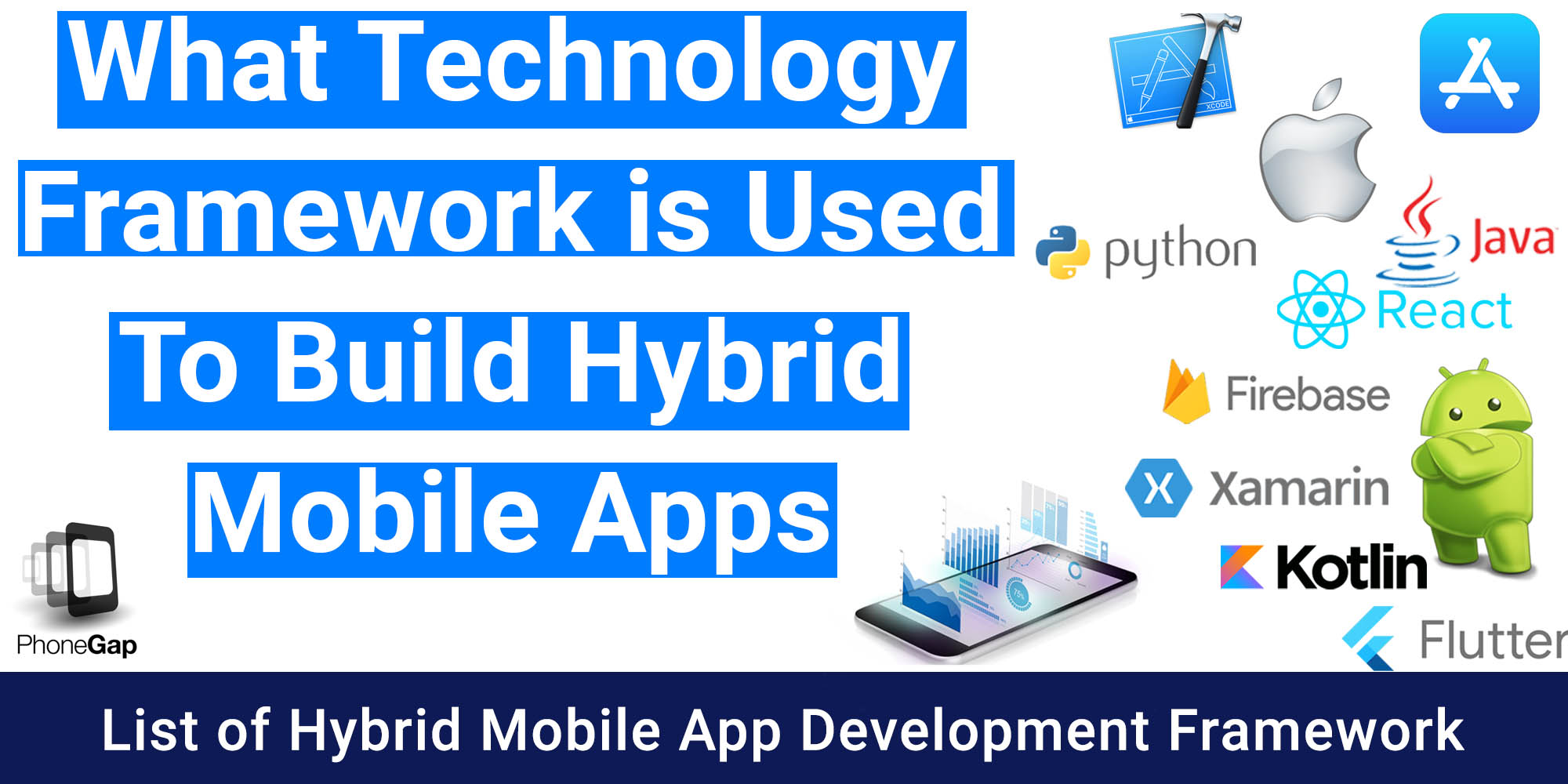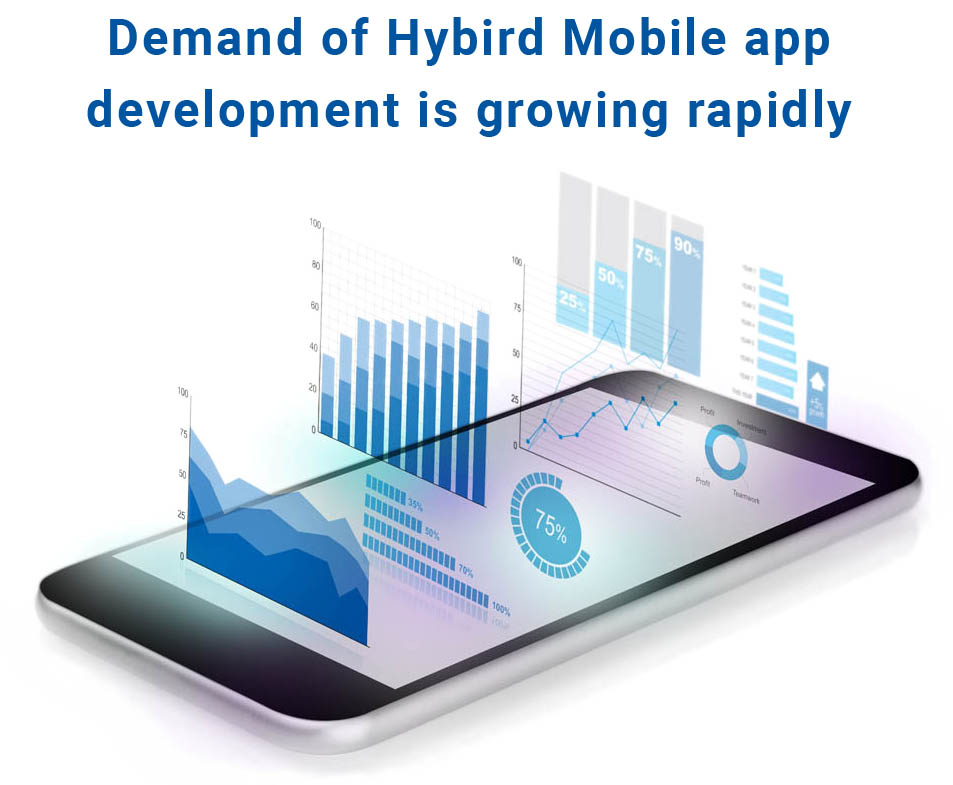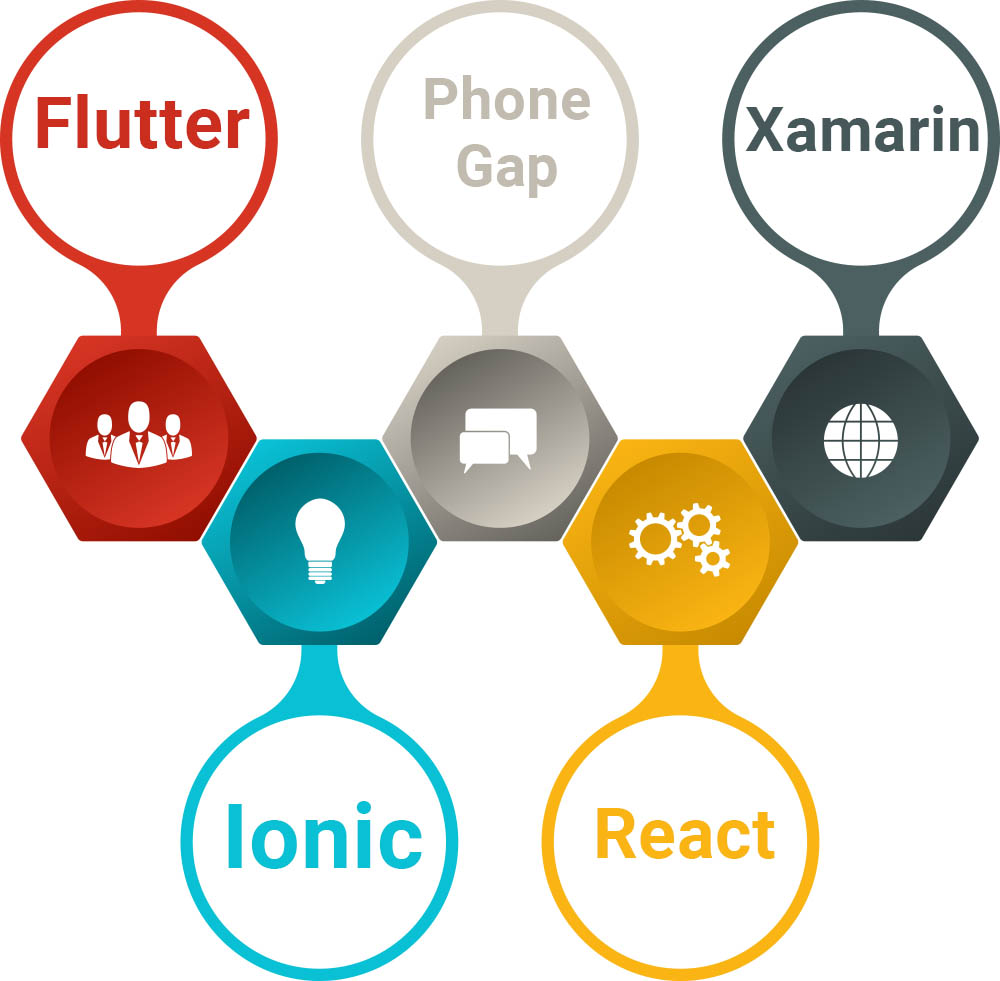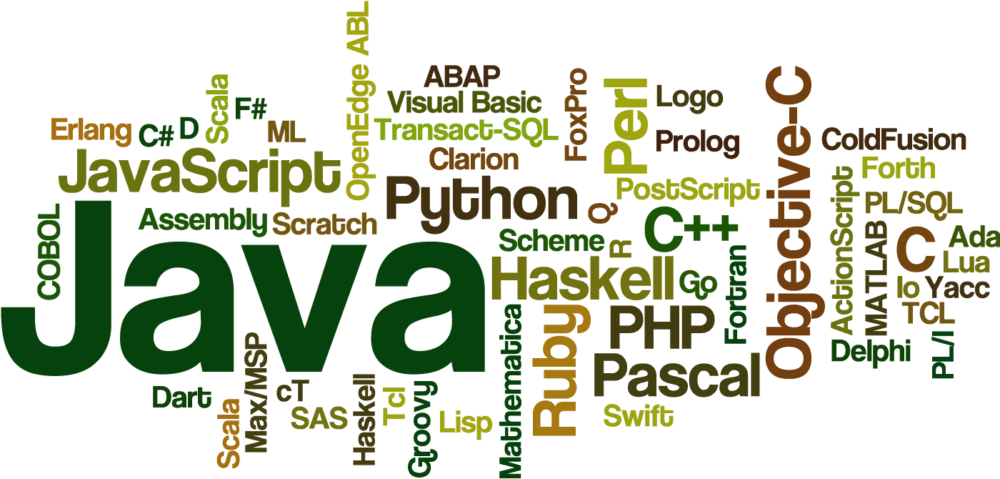What technology framework is used to build hybrid mobile apps
List of Hybrid mobile app development FrameworkLast updated on 01 Jan 2022 by Dezven

In this world of information, business men required an excellent access in order to valuable their data at best fingertips. A lot of companies are moving towards mobile apps and leaving behind the desktops in order to overcome their exposure which is online, as well as it also to solve fundamental issues on the go.
Each and every organization has it’s personal goals and unique structures, and choosing best customization technology that leads to company’s success. In app development industries we can see one of recent evolution which is disclosure of very large number of hybrid mobile or android app frameworks.
There are lot of applications, features, pros as well as cons, composition and functionality that they all have. Here we will discuss the universal recognition of hybrid app development frameworks with its pros and cons.
What is hybrid mobile app development?
The hybrid mobile app development is actually a software application and it is combination of both web applications and native apps. Essentially, hybrid apps are considered as mobile apps and then these are further added in native app shell. When from play store or from app store they are downloaded and then installed, then the shell has ability to connect to whatever the capabilities provided b mobile platform through a browser which is embedded in app. This browser and it’s plug ins are not visible to the end user and run on back end.
These hybrid apps are very famous in world due to reason that these apps allow developers t write code once from mobile app and then still accommodate to various platform. These apps may perform slower than native or web version of similar app because hybrid apps have an extra layer between target platform and source code.
This shifting of desktop to mobile was not incidental, in fact it was gradual. There are multiple aspects that are related to hybrid mobile app developments that are responsible for it’s success; like frameworks, platform, ASO etc. We will discuss here the frameworks of hybrid app for the development of this app (Malavolta, et all 2015).
Mobile app statistics:
To find statistics of any app in android is an easier task. It’s first step is to open play console app, select an app (here hybrid mobile app) then tap a data card to see it’s more details. By using play console app we can find that how app is working, which statistics it is following. It helps to find the performance of app (Malavolta, et al., 2015).

Advantage of hybrid mobile app development:
The main advantages of hybrid mobile app are:
1. Compatibility of Cross-platform: Frameworks of hybrid app allow their developers to use common code base across the both iOs and Android devices.
2. Shorter development time: There would be need to build the native app for other operating system when there is increased code that reuse the cuts development time.
3. Scalability: Cloud native and sing code-base web technologies allow developers to develop scalability into other app easily.
4. Effectiveness of cost: For various sorts of operating system the save developments cost on building different versions of same app.
Disadvantage of hybrid mobile app development:
The disadvantages of hybrid app developments are:
1. Performance: Now hybrid apps have various uses like compiling to machine code via reactive native. Technically there is existence of layer between source code and operating system that are responsible for slower performance for resource-intensive applications. This is one of disadvantage of hybrid mobile app development.
2. Complexity of text: Hybrid apps ma share huge amount of codes between the platforms, but sometimes few of that codes are often native in order to take the advantage of underlying hardware. Just depending on our project, this may become a cause that can add to complexity of our test suit.
3. Easier to mess-up UI/UX: Whether we are using hybrid or native it just depend upon developer to ensure their app UI that further deliver the consistent UX. Hybrid app developments offer a very large amount of flexibility and if we have no idea that what we are doing then it is easier to mess-up. If we haven’t practice web design then there is inconsistent UX that might lead due to poor connection of internet that we are using at that time of performance.
Framework Used To Build Hybrid Mobile Apps

One of biggest approach of hybrid mobile app development is to write code once and then use it across the all mobile devices. On the other hand, web developers could develop hybrid apps from scratch, and this would be done with the help of using multiple kind of frameworks. We will discuss some of famous hybrid mobile app frameworks.
Flutter:
Flutter is a future-proof hybrid development platform that is built for the now and the future. Google's colossal response to the hybrid app market was unveiled little over a month ago, in July.
A claim that it will set a new standard while still in its infancy is an understatement. Flutter's main selling point is that it can be used to build applications for any platform, not only Google Fuchsia. DART, the programming language used by Flutter, is a hybrid of well known Java and also of Kotlin.
Advantages:
- Highest levels of capability of cross-platform: In spite of its primary focus on the Fuchsia platform, Flutter is meant to function well with Android, iOS and Windows as well. It's unparalleled in terms of platform compatibility.
- Flutter is a proven technology: Google and Alibaba both utilize it for certain of their tasks.
- Speed: It's remarkable how fast hybrid apps run on Flutter.
- Seamless UI design: It is simple to add futuristic design features in Flutter-based apps.
Disadvantages:
- Only employees at Google and Alibaba are considered to be "experts" in Flutter at this time. Flutter's user base is small and will grow over time.
- Innovative Platform: Framework of applications for real-world is still under development. Testing the software's real potential will need a significant amount of time and effort. On the neighbourhood one of new kind of framework is flutter which is also happens to occurred as a genius in the making. We won't know for sure whether all the fuss is justified for some time.
- Apps are larger: Flutter-created apps are 40% bigger than their native equivalents, making them more cumbersome to use.
Reactive Native:
For reactive native 2020 was proved to be a good year which is best hybrid app development frameworks, and it has been still expected that it will be continue into 2021 as well. There are many people that begin to do comparison between ionic as well as React Native as people observe them as common radical to each other.
React Native, on the other hand, provides users with a more stable and native-like experience across apps, while Ionic, according to experts, leads to better UI and performance across apps. In the years to come, this framework has a great deal of potential in order to become in fact a best hybrid frameworks for this hybrid android app development. React Native's ability to command is entirely dependent on how it is used.
As a result, the first few times it is used, a developer may not be able to master it. To fully grasp the reactive pattern in the mobile hybrid framework, some practise is required. In addition, the limited both native and also UI features forces the developers to do more coding. Of course, given that it teaches a slew of valuable lessons.
React Native is one of the most widely used frameworks for building mobile apps for both iOS and Android platforms. Developers can now create cutting-edge mobile apps using only a single JS code-base. The React Native framework is a favourite of Java and Swift developers. In addition, it includes Native modules and components that aid in app performance. In order to create hybrid mobile apps for the future, many react-native businesses are turning to the framework. For example, brands like Facebook and Instagram use this best invented hybrid development framework to create apps that are world-class.
Advantages:
- To save money by reusing various codes as much as possible, rendering in native code, and supporting Node.js
- Detection of bugs is simple.
- Beginner developers will appreciate how simple it is to use Node Packet Manager (NPM).
- One screen for modifying the code, and another to see how it will look after the changes have been made.
- The amount of time it takes to complete the development process is extremely short.
- Compatibility with hardware components is made possible by a large number of plugins.
Disadvantages:
- Apps with lots of screens, UI transitions, special effects, and interactions should avoid using this library.
- The process of gaining hardware components must be improved.
- Components for navigation are lacking.
- a scarcity of customized components
Phone-Gap:
Because it is integrated with the Cordova framework and Adobe, Phone-Gap is also known as Apache Cordova. In addition to JavaScript, CSS3, and HTML5, developers may use this framework to create applications.
A single code-base is all that is needed for cross-platform interoperability with Phone-Gap. As a result, the developer's workload is reduced, making it simpler for him or her to go forward. It's an excellent option if we have a tight budget and need to construct an app.
Additionally, Phone-Gap includes a slew of useful capabilities, like better access to native APIs, a robust back-end system, prominent UI frameworks that may enhance the user experience, and more. There's no doubt about it.
Advantages:
- One of code-base for Window 7 as well as Android and iOS platforms.
- Back end system that is rugged.
- It is also easy-to-learn.
- HTML5, JavaScript, and CSS3 support make it incredibly adaptable.
- Uses the camera, accelerometer, and navigation compass of the system without altering the user interface (UI).
- Performing rapid testing is simple.
- the plugin architecture is easily compatible with it.
Disadvantages:
- Because they are more popular with smaller businesses, apps may be a little slower. They also may not support all of the features.
- Worked well with native apps in terms of efficiency.
- less pre-built UI widgets (user interface components).

Xamarin:
With Microsoft's help, Xamarin is the best and top most frameworks for mobile or android app development 2021 that developers can employ. It has been written in C#, which is more up-to-date than Java and Objective-C and has several advantages over them.
We can create hybrid applications for iOS, Android, Windows, and other platforms using Xamarin's platform. It's widely accepted that it provides the same level of speed and user experience as a native programme. Xamarin applications are a force to be reckoned with because to their native UI capabilities. One of the most well-known names in hybrid app development is Xamarin for Mac.
Interesting enough, the WORA concept, which means "Write Once, Run Anytime," is well-known in this context. There is a large and active Xamarin community, both on the official Xamarin forum and on third-party websites.
Getting started using Xamarin is a breeze. Xamarin's installer must be downloaded and launched on the computer where the developer is working. To finish the setup, users must first install the Android SDK and Java, then specify the locations of those two components. In order for developers to use Xamarin Studio, they must finish the process and follow the instructions on display. The greatest hybrid framework for mobile app development is now complete and available for use.
Advantages:
- More than 95% of the code can be reused across multiple platforms
- Plugins allow apps to connect to hardware components without affecting the performance of the device.
- Expanded options for education.
- Consistent performance that isn't erratic.
- In order to make API integration as simple as possible.
- A perfect fit for cross-platform design.
- Prototyping a graphical user interface quickly.
- Code sharing and maintenance are excellent here.
Disadvantages:
- Xamarin is expensive compared to other mobile web app frameworks.
- There are few developers which has idea about how to use Xamarin.
- There are specific limitations in both iOS and Android.
- Overhead from codes, which are not able to be integrated smoothly.
- API support is sluggish.
- Not ideal for the development of a video game.
Ionic:
Ionic is one of the most widely used frameworks in existence today. PWAs may be built using the library's front-end construction and user interface components, which make it a powerful tool for developers. It also gives developers the ability to generate stunning visuals for their applications.
In terms of user interface design, the Ionic mobile hybrid framework may assist developers with things like picture design and layout and typography as well as unique themes. Type-Script and Node.js hybrid applications may be constructed using the Ionic CLI (Command Line Interface).
So we can make a hybrid app and receive frequent upgrades, it's a big benefit. The Ionic CLI has a built-in development server, debugging tools, and other important features that help accelerate development.
Advantages:
- With this framework, we won't need a lot of time to do work on the framework because it involves many concepts to speed up the whole procedure.
- An abundance of UI elements.
- Design templates for apps that are already pre-built.
- Incredibly well-liked.
Disadvantages:
- When we get incorrect information from the browser related to smartphone that surrounds, testing which further becomes intrinsic.
- Inability to perform hot reloads; excessive reliance on plugins.
- Use with light apps only.
Onsen UI:
This framework is one of the excellent option for building apps and components for a large range of systems (operating system). HTML5 hybrid apps may be quickly created using this method.
There are many ready-to-use components, and the style is done automatically for you. Mobile users will find the Onsen UI simple and intuitive to use. Apps built using Onsen UI will run smoothly on any device, regardless of specs.
Advantages:
- It is simple to operate.
- A wide variety of devices can benefit from the optimized performance.
- Effectiveness and rapidity
Disadvantages:
- Inadequate record-keeping
- Continue to offer your backing
Jquery mobile:
Jquery is better suited to app shell development than app development itself. Even though it isn't suggested to use it on its own, other frameworks may benefit from its use.
Advantages:
- Great for creating apps for a variety of devices.
- Simple to troubleshoot.
- Outstanding assistance from third parties.
Disadvantages:
- There are many sluggish and slow apps out there.
- If the designer does not have sufficient expertise, the design will be limited.
- On large displays, most apps look drab.
Native Script:
In addition to integrating with the Angular CLI, Router support, and code generation, his mobile app framework includes full-stack interaction with newer Angular versions. It also comes with a community-created plugin that allows you to use the Vue CLI, Vuex, and other excellent Vue.js capabilities through the Vue.js framework.
Native Script apps, on the other hand, are totally native and utilise the same APIs as if they were produced in X code or Android Studio, thus they're essentially the same. Because we don't use Web Views, we get a platform-native UI that runs at native speed.
Without the use of wrappers, software writers may reuse third-party libraries from sources such as the Cocoapods project, Android Arsenal, Maven, and npm.
Advantages:
- Compatible with all versions of Windows and Linux
- JavaScript and XML can be used for development at the same time.
- Apps run smoothly and quickly.
- Typescripts and Angular 2.0 are both supported.
Disadvantages:
- We are still a tiny group.
- Questions about the process of creating apps.
Framework7:
An open-source hybrid app framework that can be used to create desktop, mobile, and web-based apps that look and operate like their native counterparts.
Such UI components are available in the finest hybrid app development platform. With the help of technologies like NW.js and Electron, Framework7 may be used to build more complex applications. Only HTML, CSS, and Javascript are not supported by this finest hybrid app development platform.
Advantages:
- It is simple to learn and use.
- Widgets and components should be plentiful.
- Integrated libraries of help.
Disadvantages:
- No support for anything but iOS and Android.
- A decrease in the amount of support from the online community.
- There is a lot of documentation that isn't.
Examples of Hybrid mobile apps:
To provide just a few examples: Gmail; Instagram; Twitter;
Conclusion:
In the last several years, hybrid app development has risen tremendously. As a result, hybrid mobile applications have become more popular since a development option, as they provide quicker development, simpler prototyping, and a higher ROI.
When developing a mobile app, the hybrid architecture may also assist us to construct web and desktop applications more quickly as a method to reach more clients. In terms of overall appearance and performance, hybrid mobile applications are now closer than ever to native ones thanks to recent developments in the JavaScript ecosystem and the frameworks for each of the hybrid mobile apps included below.
When developing JavaScript-based hybrid mobile applications, we need ensure that our source code is protected against theft and reverse-engineering. Protect our code in only two minutes by signing up for a free trial of Jscrambler. To sum up, app frameworks are crucial in a way that can't be overstated.
As the number of enterprises requiring mobile applications increases, these frameworks will continue to flourish and expand in the structure. Low-code and no-code technologies are poised to take the lead in mobile app development in the next years. In order to suit our app-making needs, we may use these frameworks.
They may be also be able to assist us in order to developing the ideal app for our company. Hence we can say that this is something that we may conclude from all above discussion of frameworks of hybrid mobile app or frameworks of hybrid android app.

- What is cross platform mobile app development
- What is the difference between Hybrid Apps and Native Apps
- What is hybrid mobile app development
- What is native mobile app development
- What is mobile app development
- What are the different types of mobile app development
- What is Web based mobile app development
- Which Programming Language is used for Android Application Development
- Best Programming Language For Mobile App Development